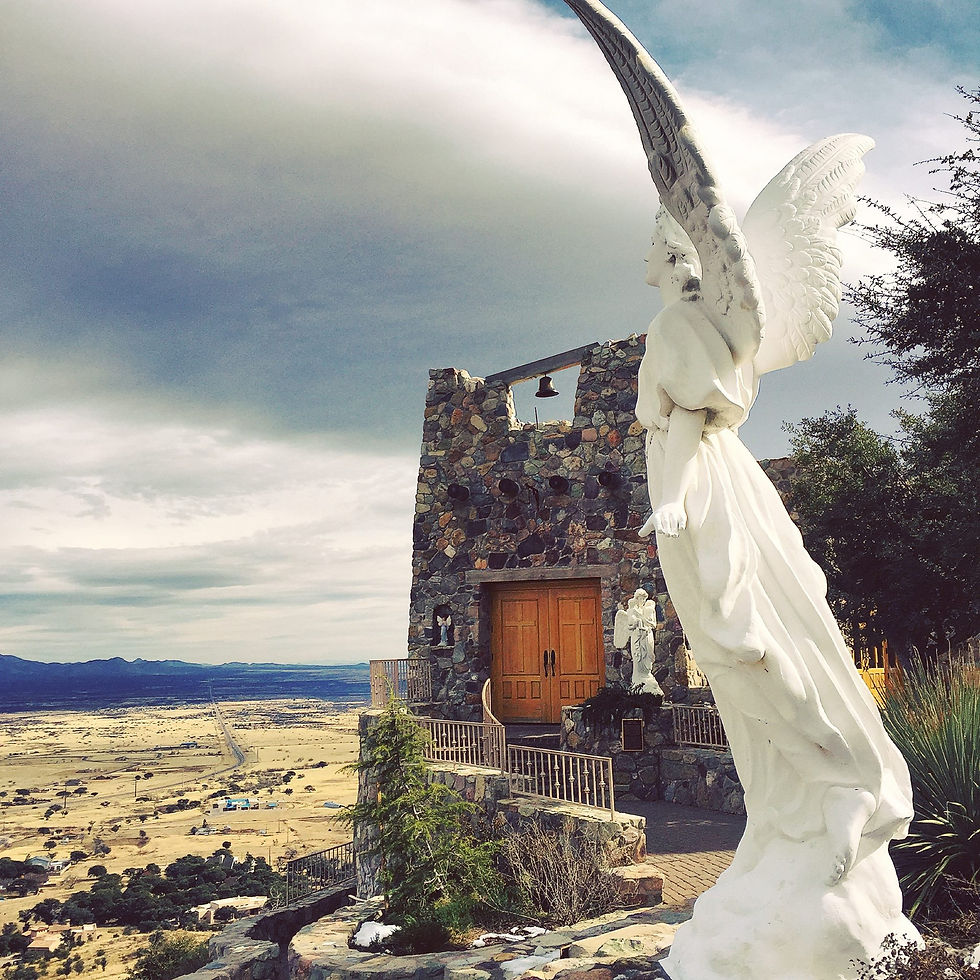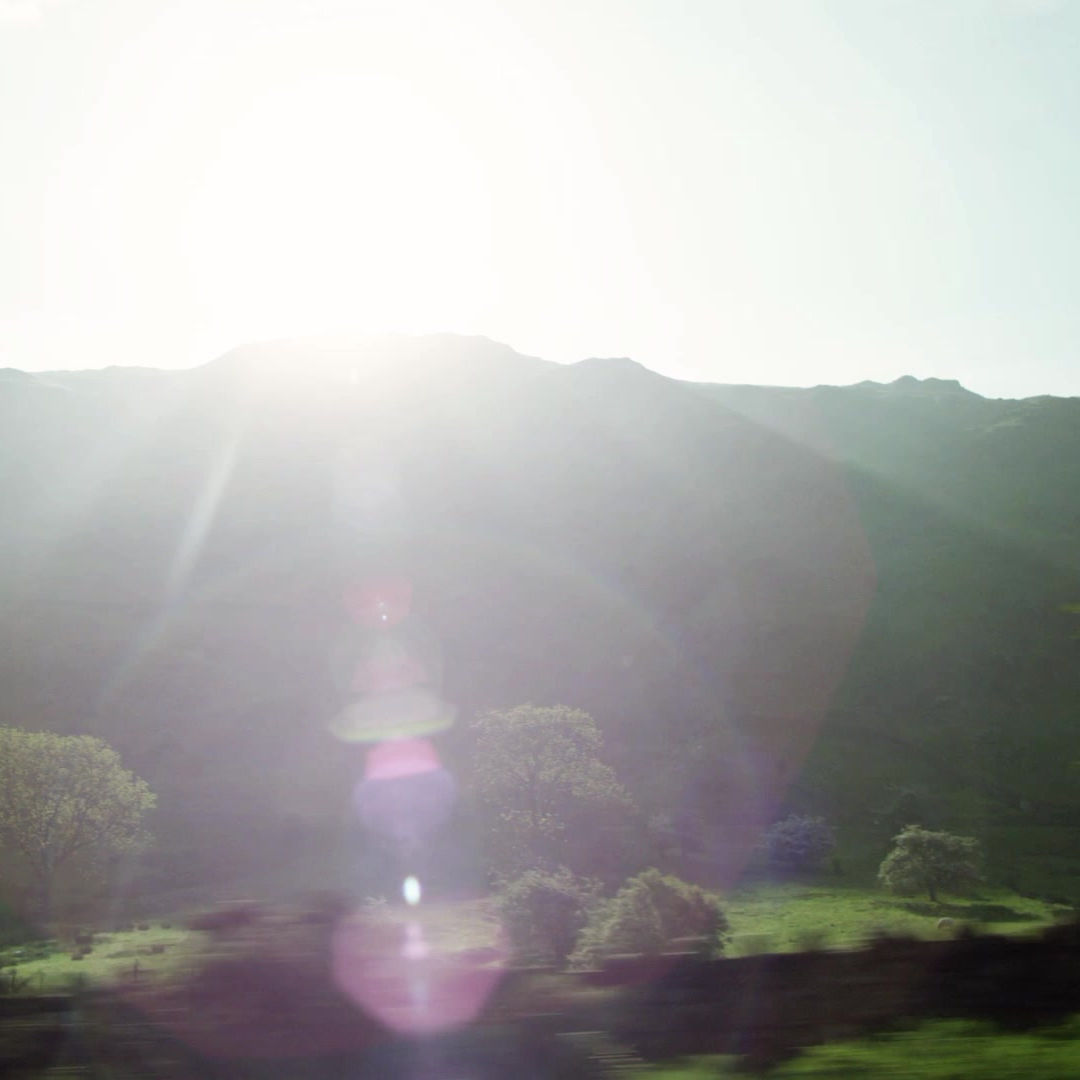Loving Your Enemy, Religion, and the LGBT Community
- Chris Tompkins

- Jan 14, 2016
- 3 min read
Updated: May 12, 2020

I recently went to Arizona to visit my family. My mom has always wanted to take me to this church called, Our Lady of the Sierras in Hereford, Arizona. It’s a Marian shrine, which “marks an apparition or other miracle ascribed to the Blessed Virgin Mary.” The church was one of the most beautiful places I’ve been and it’s no wonder that miracles are attributed to its visit.
Not being raised Catholic, I’m not familiar with the Stations of the Cross. So when I saw them for the first time while visiting Our Lady of the Sierras, I experienced a sort of walking meditation as I went from one station to the next learning about how the Catholic tradition breaks down the crucifixion of Jesus.
When I arrived at the last station, I was expecting it to be the resurrection; however, I was a little surprised to find the last station to be where Jesus is placed in the tomb after his death. I walked the property looking for a memorial or something to honor his resurrection, but there was nothing.
I realize I’m not Catholic and I’m by no way going up against its teachings, but I’ve been studying A Course in Miracles for about four years and it talks about the difference in the teaching of the crucifixion vs the resurrection. I found it very interesting to visit this beautiful Marian shrine to discover no mention or recognition of the resurrection.
After I got home, I researched the Stations of the Cross and referred to ACIM. The Course teaches that the resurrection is more important than the crucifixion and says the crucifixion is often misinterpreted. It says the crucifixion is to be looked at certainly, but to not dwell on it.
Today is Martin Luther King, Jr. Day and someone I know sent out one of his well-known sermons, “Loving Your Enemies,” delivered in 1957. In it, Dr. King said, “hate for hate only intensifies the existence of hate and evil in the universe,” and that “hate distorts the personality of the hater.” He said, “We usually think of what hate does for the individual hated or the individuals hated or the groups hated. But it is even more tragic, it is even more ruinous and injurious to the individual who hates.”
As I was driving back from Arizona, I caught a few Christian radio shows where they were talking about homosexuality and gay marriage. A lot of what they said was cringe-worthy and was really quite shocking to hear aloud on public radio. After listening to Dr. King’s sermon today, reflecting on my visit to Our Lady of the Sierras and seeing only the crucifixion, it occurred to me how the philosophy of “loving your enemy” as it pertains to LGBT advocacy work is like focusing on the resurrection of Jesus from A Course in Miracles.
One of the things that really stood out to me is that Dr. King said, “In order to love your enemies, you must begin by analyzing self.” I wholeheartedly believe that the most important thing we can do in our lives is to love ourselves. It’s not just a lofty ideal or a warm and fuzzy, but it’s an existential fact. It really is A Road Trip to Love. Love of our enemy, love of our neighbor, and love of ourselves.
I’m grateful for my visit to that beautiful Catholic church in the hills of Southern Arizona. I feel like this is an example of one of the miracles to which they refer. I’m also grateful for Dr. Martin Luther King, Jr. and his message of Loving Your Enemies, “Because if you hate your enemies, you have no way to redeem and to transform your enemies. But if you love your enemies, you will discover that at the very root of love is the power of redemption.”
Listen to Dr. Martin Luther King, Jr.’s full “Loving Your Enemies” sermon here.




Comentários